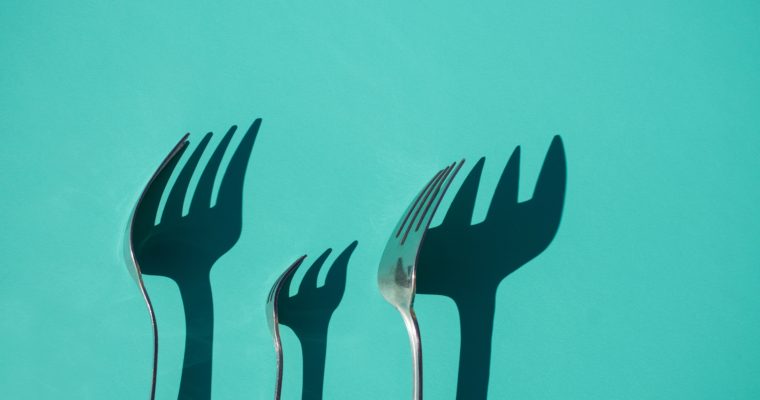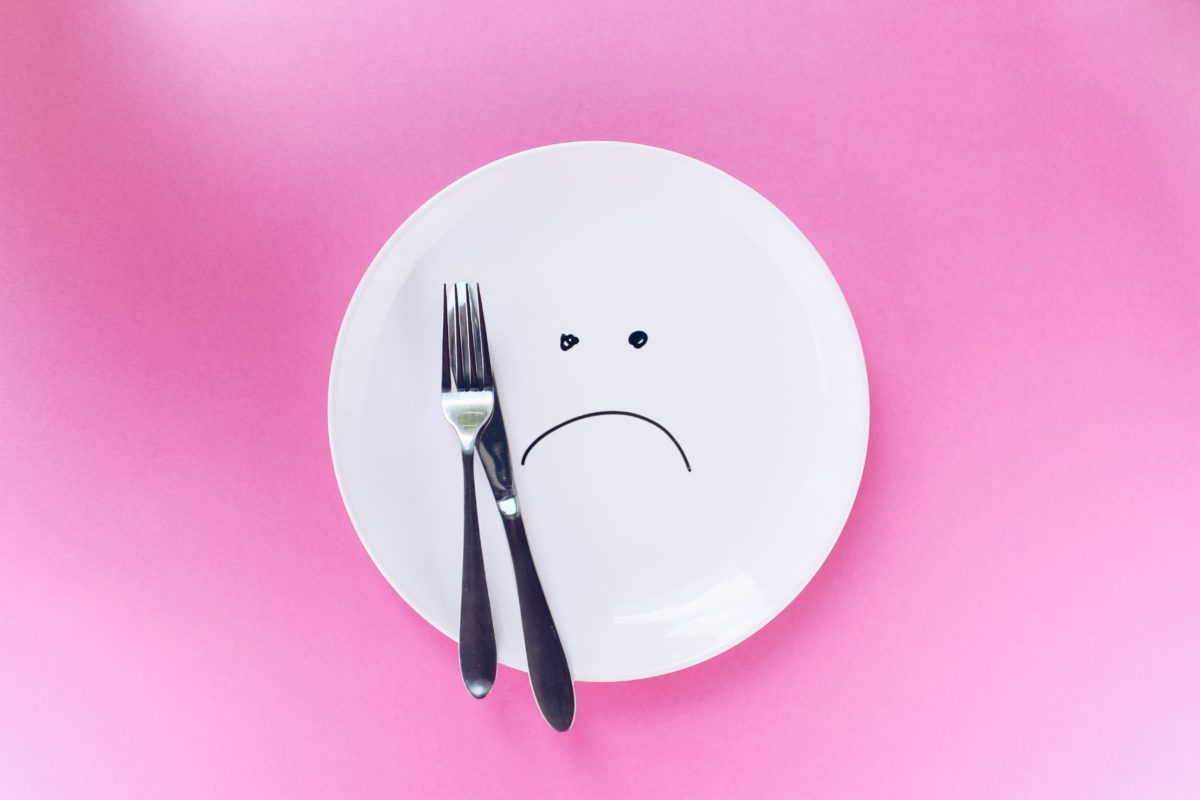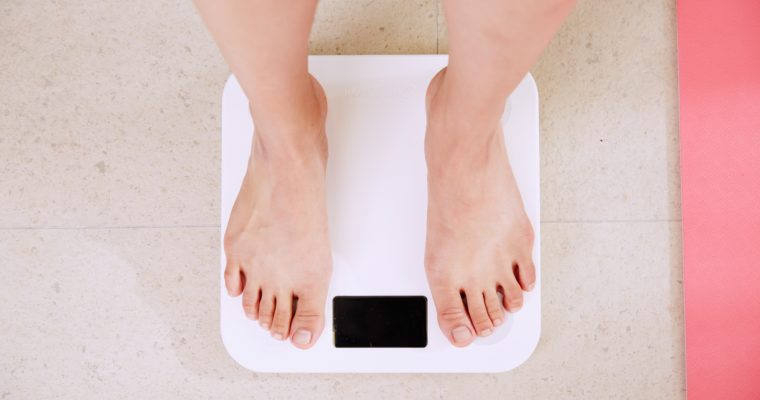Photo by Thought Catalog on Unsplash
Many of us have done it at some point – the crash diet. Maybe you have a dress you need to fit into. Maybe you’re going on vacation and want to look perfect in your bikini. Maybe you work in a profession where body image is crucial, like modeling, dancing or acting. No matter what your reasoning is, if you want to lose weight fast, starving yourself is not the way to go. Crash diets are guaranteed to give you a huge mess of problems with both your body and your mind – and it will eventually reverse all of your weight loss efforts, too.
When you go on a crash diet (also known as “yo-yo” diets) or try out a crazy trend to lose weight, you deprive your body and brain of the vital nutrients it needs to function properly. Even though it looks like you’re losing weight rapidly, the truth is that you aren’t actually losing fat – you’re losing your body’s stored supply of what’s called carbohydrate glycogen. As your body burns off that glycogen, you lose water weight, which makes it look like you’re really slimming down. But in reality, crash diets shock your system into starvation mode, leading to a plethora of health risks and unpleasant side effects. So even though your jeans may fit better, your natural defense system is getting tighter because it thinks your body is starving.
Unfortunately, there’s no shortcut to your dream figure. If you want to lose weight and keep it off for good, the only way to do it is through proper diet and exercise. If you aren’t convinced, here are some of the major health risks and side effects of crash diets.
Food deprivation will turn you into an emotional trainwreck. When your body is missing the nutrients it needs to make energy, you become moody, irritable, and tired. You’ll probably feel like you’re on an emotional roller coaster, and you’ll also experience intense food cravings because of the nutrient depletion that’s happening inside your body.
Your metabolism becomes slower. When your body thinks it’s starving, your natural defense system responds by decreasing your metabolism to burn off less calories. Eventually you’ll have to start eating again and when you do, you’ll gain weight extremely fast – you might even end up heavier than you were before. Your metabolism can take years to readjust to its normal function, or you might be tempted to go on another crash diet when you gain the weight back. Crash diets can lead to an endless cycle of rapid weight loss and weight gain.
The Top 5 Myths about your Metabolism
Repeated crash dieting leads to major long-term health risks. When you deprive your vital organs of the nutrition they need to function properly, your body begins to literally burn the tissues of your heart, kidneys, liver, brain and more. In the long run, this may lead to very serious health problems like liver and kidney damage, heart attack, and stroke.
Your immune system weakens. Again, because your body isn’t getting the right nutrients to function, crash diets are likely to weaken your immune system. Dehydration is common, and you might experience heart palpitations as well. Basically, you will feel terrible overall. Food is fuel for the body – without that fuel in your system, you simply cannot function.
Your heart will suffer. Cutting calories to an extreme level is likely to lead to loss of muscle in your heart, and crash dieting increases your risk of heart attack. “Yo-yo dieting can damage your blood vessels,” says Linda Bacon, Ph.D, a nutritionist based in California. “All that shrinking and growing causes micro tears that create a setup for atherosclerosis and other types of heart disease.”
You become more likely to develop anorexia or bulimia. If you repeatedly crash diet, you might end up with an unrealistic body image and abnormal beliefs about how much and how often you should eat. This type of thinking brings you into dangerous territory, and you may end up with a legitimate diagnosis of anorexia nervosa (self-starvation) or bulimia (repetitive cycles of binging and purging).
In addition to all of these health risks, crash dieting and “cleanses” can actually be fatal – an investigation led by the Food and Drug Administration turned up nearly 60 deaths among liquid dieters. Some of those deaths were due to existing diseases, but investigators found that people who were otherwise healthy died from the direct results of crash dieting. The main cause of death was ventricular arrhythmias, and the pattern of deaths suggested “the effects of protein-calorie malnutrition on the heart,” including atrophy of the heart muscle.
In honor of National Nutrition Month, make it a point to eat healthy! If you want to lose weight before the summer, start now and do it the right way with healthy foods and plenty of exercise – you’ll look great, you’ll feel better, and you’ll keep the weight off for good.
Sources:
CNN.com – How Crash Diets Harm Your Health
FitDay.com – Why a Crash Diet Isn’t a Healthy Solution




